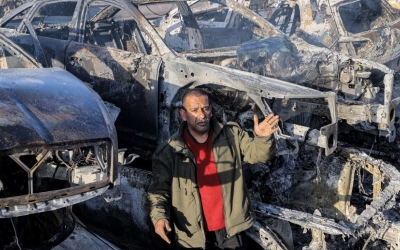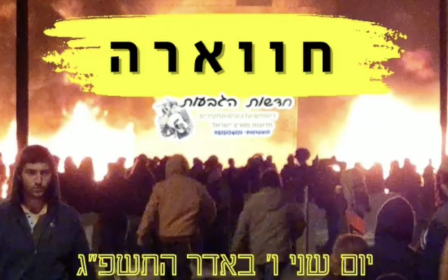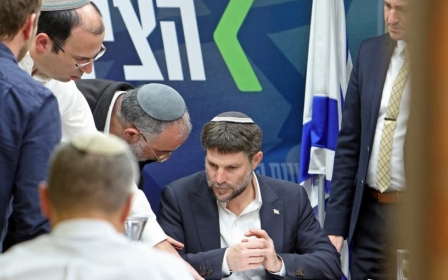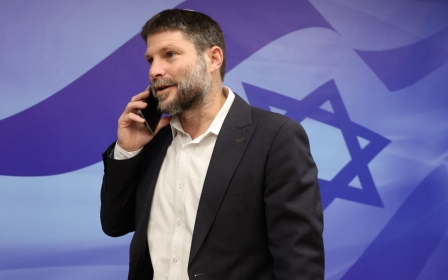Israeli closures in Huwwara stifle Palestinian businesses and movement
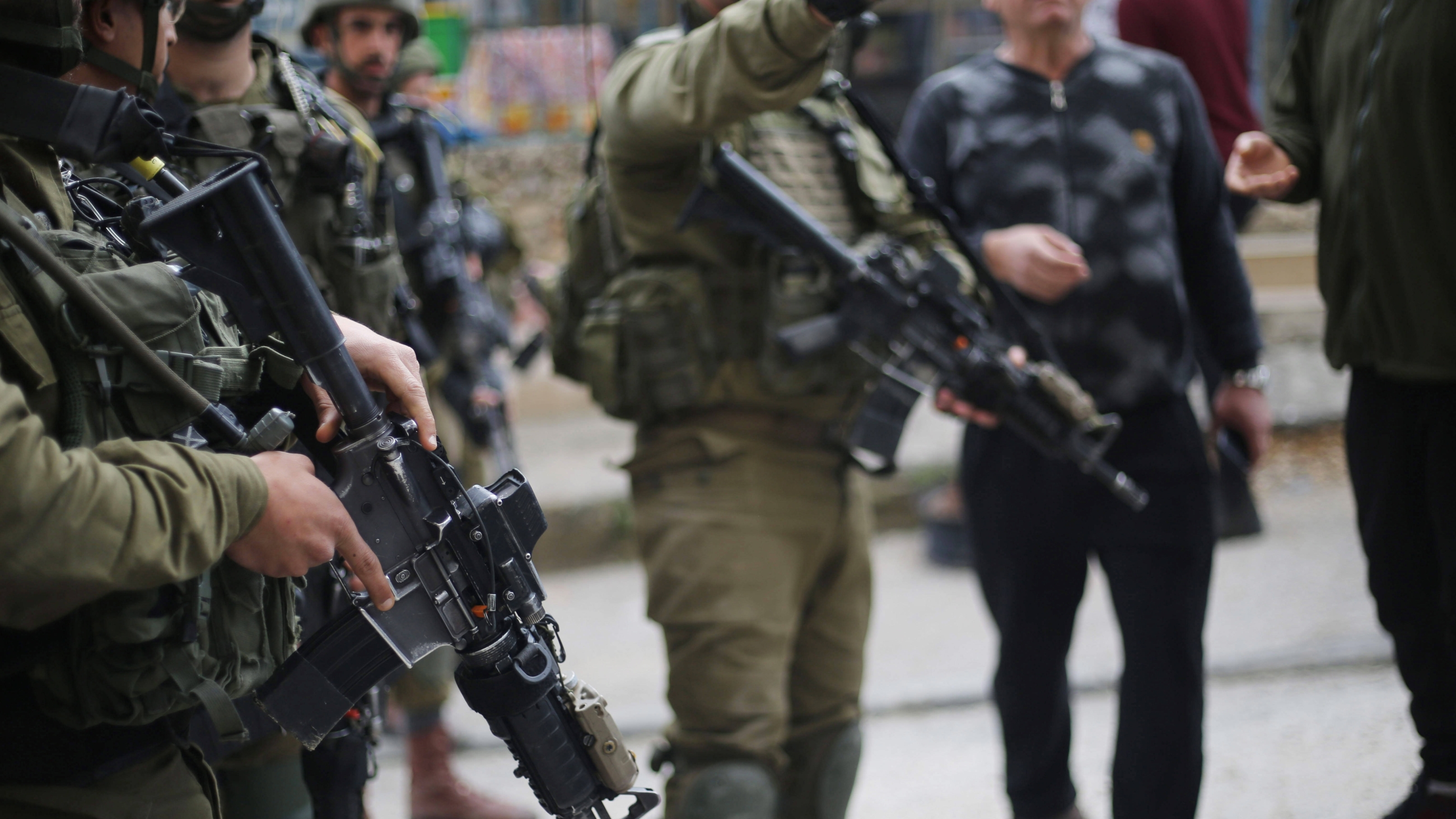
The Israeli army continued to impose closures around Huwwara in the northern occupied West Bank on Monday in what Palestinians described as collective punishment.
Roads in and out of Nablus and Huwwara were blocked and shops in the flashpoint town were ordered to close until further notice.
The closures were imposed late on Saturday after a drive-by shooting by Palestinians wounded two Israeli soldiers.
Business owners say they have been hit the hardest.
"When the soldiers came to close our shops, they didn't allow us to save the goods or even cover them, otherwise they would break the glass and shoot it," Mazen al-Aker, a sweetshop owner, told Middle East Eye.
New MEE newsletter: Jerusalem Dispatch
Sign up to get the latest insights and analysis on Israel-Palestine, alongside Turkey Unpacked and other MEE newsletters
The closures have made this Ramadan the worst the town has seen in years, according to al-Aker.
Several shop owners on Sunday tried to reopen for business in defiance of the Israeli measures but were dispersed by the army using tear gas and stun grenades.
Videos published on local media showed dozens of Palestinians heading to Huwwara stuck in long queues at Israeli checkpoints in the evening, forcing many to break their Ramadan fast in their vehicles.
Meanwhile, Israeli settlers stormed the town on Sunday in protests against Palestinian shootings.
The crowds were joined by Yossi Dagan, head of the settlements council in the northern West Bank, and Israeli far-right MP Zvi Sukkot.
Dagan set up a makeshift office on the main road to protest what he called "the Israeli army's failure to protect settlers".
'Most difficult' period
The Saturday shooting was the third targeting Israelis in less than a month in Huwwara, which lies on the main north-south highway of the West Bank Route 60 that is used by settlers.
After each incident, the army puts the town under tight restrictions.
Ghaleb Odeh, a fast-food restaurant owner, said his shops had been shuttered by the Israeli army for a total of 12 days in March alone.
"The day before yesterday I prepared 200-300 kilograms of meat and chicken to sell, along with hundreds of boxes of different salads, but when the Israeli military decision was issued to close the shops, I had to destroy them which caused me great financial losses," Odeh told MEE.
"For the first time in my life, I accumulated a debt of 80,000 [$22,437] shekels to the butchers."
According to Odeh, this is the "most difficult" period Huwwara has experienced since he opened his shop in 1995.
Even when the restaurant is open, he added, the continuous settler attacks in the town leave the shops suffering heavy losses as the movement of vehicles is almost completely paralysed.
Huwwara has been the scene of repeated settler violence in recent months.
The town, strategically located in the centre of villages south of Nablus, is home to 7,000 Palestinians and is encircled by Israeli settlements.
Last month, it was at the centre of an unprecedented Israeli settler rampage after hundreds of Israeli settlers, flanked by soldiers, attacked the town.
One Palestinian was killed and nearly 400 wounded in the attacks.
Nearly 700,000 settlers live in more than 250 settlements and outposts across the West Bank and East Jerusalem in violation of international law.
Middle East Eye delivers independent and unrivalled coverage and analysis of the Middle East, North Africa and beyond. To learn more about republishing this content and the associated fees, please fill out this form. More about MEE can be found here.


